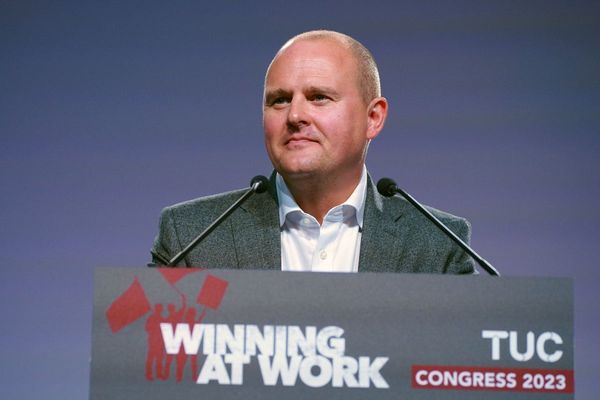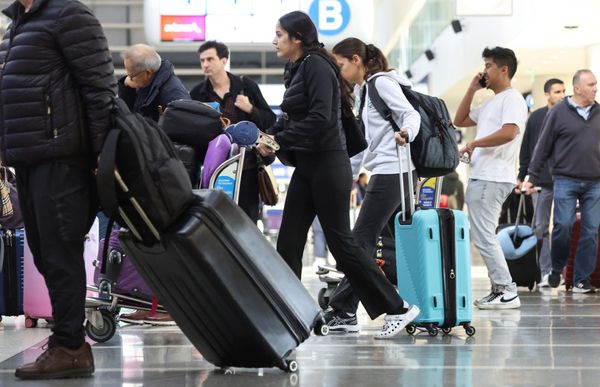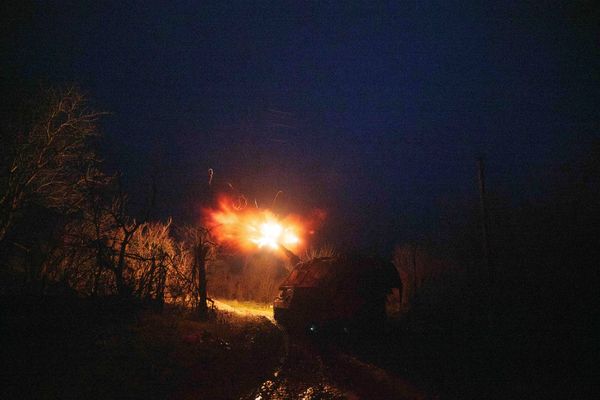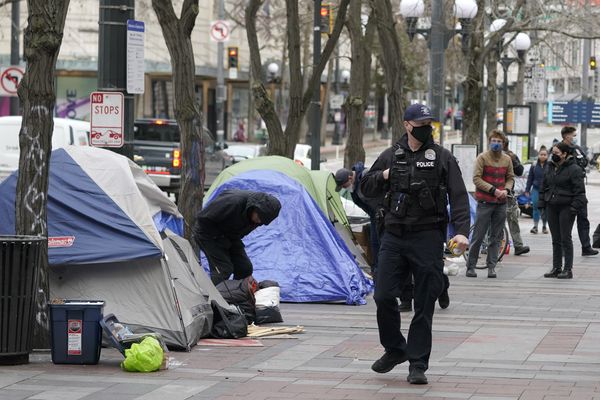
Australia’s unemployment rate reached 3.9% in April, delivering a good headline for Scott Morrison and Josh Frydenberg in the dying days of the campaign.
The magic number of 3.9% was actually reached in March, the Australian Bureau of Statistics said, revising its previous numbers, and just 4000 jobs were created in net terms in April — but that was the result of a large number of full-time jobs being created and a slightly smaller number of part-time jobs being lost, so it’s still quality growth (there were 20,000 jobs created in March and 90,000 created in February). There was also a one-point fall in the participation rate, which helped push the headline unemployment rate down (and we can afford the occasional drop given how high participation currently is).
Labor’s opposition treasurer Jim Chalmers and finance opposition Katy Gallagher also engaged in the traditional ritual of the release of policy costings, an exercise that bears minimal relation to actual budget numbers and the real economy, but which is fetishised by the press gallery. Labor’s policies add to $7.4 billion more than the government’s over the forward estimates, or just under $2 billion a year. Or, more correctly, Labor’s confected set of numbers add to $7.4 billion more than the government’s confected set of numbers.
The costings kabuki was the source for the most revealing moment of the day when “journalists” on the Albanese campaign angrily denounced Labor’s plan for the press pack to attend the Chalmers-Gallagher costings announcement rather than accompany Albanese to Brisbane, where he’ll be campaigning in marginal seats like Peter Dutton’s Dickson. Labor relented and let the press pack travel to Brisbane, but it demonstrated all that voters really need to know about both the press gallery and the farce that is the process of leaders’ election campaigns.
Presented with a choice between filming photo opportunities of Albanese handing out how-to-vote cards or having the opportunity to deal with policy issues, given how seriously the press gallery takes the costings process, “journalists” preferred to have manufactured photo opportunities and the chance to disrupt Albanese’s campaign. This duly happened with News Corp journalist Jonathan Lea ranting at Albanese during the press conference. It was enough for veteran journalist Laura Tingle to declare it embarrassing for her profession.
The behaviour of staffers from News Corp, and some actual journalists, today and throughout the campaign has shone a pretty unforgiving spotlight on the state of the Australian media. Arguably the people yelling at the Labor leader and trying to disrupt his media conferences aren’t representative of the entire profession of Australian journalism — for one thing, the people that end up on the campaign buses are usually junior, lightweight hacks because more senior journalists know what a farce campaigns are.
But what’s become clear from the gotcha questions, the egotism, the attempts to disrupt, the tantrums and blatant coordination with the government is that the Australian media impedes the public interest as much as it serves it. Even taking the political party News Corp out of the equation, we find a mainstream media that, for every high-quality journalist at Seven, Nine or Ten, also contains several, usually more junior staff who have little interest in, or understanding of, public interest journalism, and little or no grasp of key public policy issues, and who are content to write what they are handed.
That’s not to say Morrison hasn’t faced some strong questioning from the media pack following him; as Crikey discussed yesterday in our latest list of Morrison lies, he’s now getting much more pushback in response to his more absurd deceptions. Nor is it to say that Albanese doesn’t deserve strong scrutiny from journalists — and if he becomes prime minister, he will deserve it all the more.
But the contrast between the facile behaviour of the press pack today and the Q&A at the National Press Club yesterday was remarkable for how much more informative and revealing the latter was, including to Albanese’s detriment (Lanai Scarr’s question to Albanese about stopping domestic homicide drew, I thought, a particularly unconvincing answer from the opposition leader).
Once the election is over, voters with an interest in seeing genuine progress on major public policy issues might reflect on their media consumption choices and decide whether the media they use is addressing, or even acknowledging, those issues, or whether the egos, tantrums and childishness of journalists, editors and producers are getting in the way.







